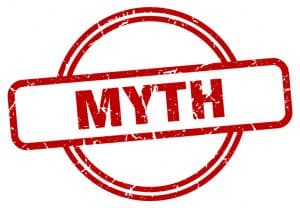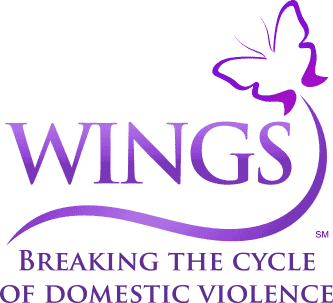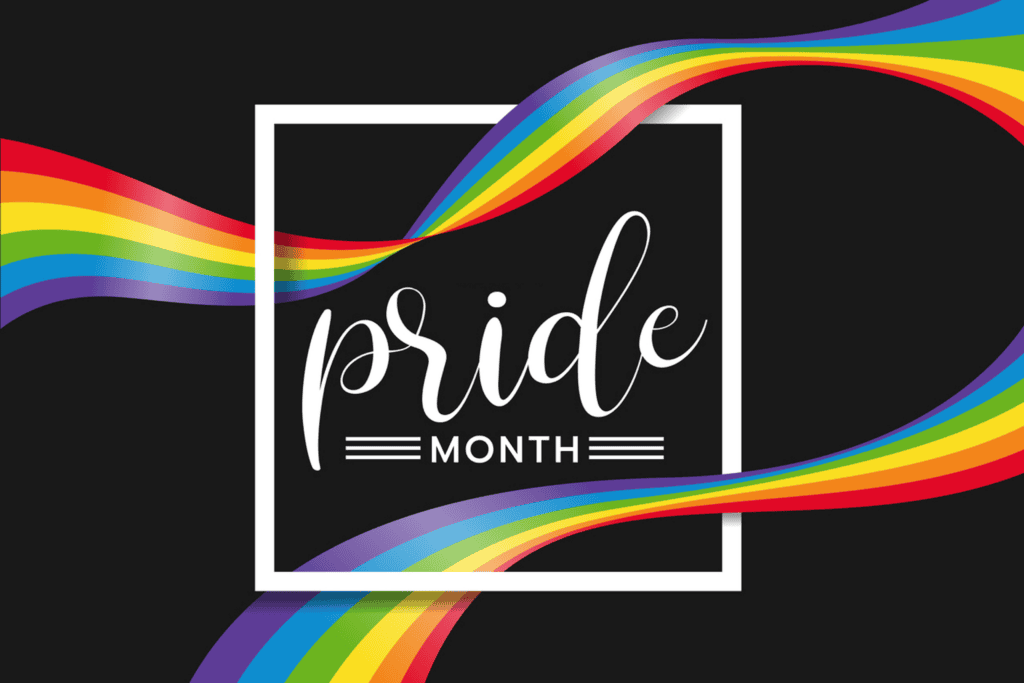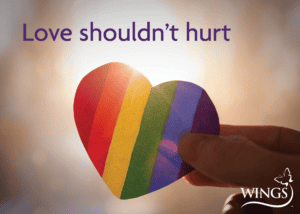Domestic Violence in LGBTQ Relationships: Myths, Similarities and Ways to be Supportive
- Posted by Sarah Swiston
- On June 21, 2022
- Chicago, chicago metropolitan area, Chicago suburbs, Domestic Violence, domestic violence agency, domestic violence organization, DV agency, dv survivors, End Domestic Violence, LGBTQ Domestic violence, LGBTQ DV similarities, LGBTQ myths, LGBTQ relationships, LGBTQ Survivors, northwest chicago, Ways to Advocate for LGBTQ, WINGS, WINGS Program
Unfortunately, domestic violence occurs across all genders, sexual orientations, socioeconomic levels, cultures, and religions. Due to marginalization, LGBTQ individuals are vulnerable to domestic violence. Since June is Pride month, WINGS highlights domestic violence in LGBTQ relationships: myths, similarities, and ways to be supportive.
WINGS provides a supportive environment to all survivors regardless of their gender identity, expression, or sexual orientation.
WINGS Safe Houses can accommodate LGBTQ survivors. We partner with local agencies that provide group therapy and programming for the LGBTQ community.
Myths about Domestic Violence in LGBTQ Relationships
-
Myth: Domestic violence is less common in same-sex relationships.
 Research shows the LGBTQ members have experienced domestic violence at equal or even higher rates compared to heterosexual couples.
Research shows the LGBTQ members have experienced domestic violence at equal or even higher rates compared to heterosexual couples.
One study found: 44% of lesbian women and 61% of bisexual women had experienced rape, physical violence, and/or stalking by an intimate partner at some point in their lifetime, as opposed to 35% of heterosexual women.
When that same study examined male relationships: 26% of gay men and 37% of bisexual men reported having experienced rape, physical violence, and/or stalking by an intimate partner in their lifetime, compared to 29% of heterosexual men.
-
Myth: It is easier for lesbian or gay survivors of domestic violence to leave the abuser than it is for heterosexual women.
LGBTQ survivors have different barriers to services than heterosexual relationships that make leaving an abusive relationship just as challenging. Although isolation is used as a method to maintain power and control by abusers in heterosexual relationships, LGBTQ survivors often have less support from family, friends, religious institutions, and society. They may feel isolation from an already smaller community.
LGBTQ survivors may fear continued victimization from law enforcement, criminal justice system and social services workers. Programs and resources may not be readily available. In a study of male same sex relationships, only 26% of men called the police after experiencing near-lethal violence.
Some may face difficulty in obtaining an order of protection. In 2012, fewer than five percent of LGBTQ survivors of domestic violence sought orders of protection.
Threats may look different in LGTBQ relationships, the perpetrator may threaten to “out” their partner or disclose a private HIV/AIDS status. Some couples with children may fear their children might be taken away.
Universal Similarities of Domestic Violence
- Both heterosexual and LGBTQ relationships often follow the cycle of violence including phases like tension building, explosion, and honeymoon.
- Abusers may use isolation, intimidation, and other similar tactics to make the survivor feel powerless.
- View the Heterosexual Power and Control Wheel
- View the LGBTQ Power and Control Wheel
- The abuse can be verbal, emotional, sexual, psychological, physical and financial
- Leaving the abuser is a challenging and dangerous process
- No one deserves to be abused
Ways to Be Supportive to an LGBTQ Survivor
In addition to staying clear of these harmful responses, here are some additional considerations to support LGBTQ survivors.
-
Be Inclusive and Empowering:
- Ask for and use preferred pronouns,
- Use the term “partner” instead of assuming that the individual has a boyfriend, girlfriend, husband, wife, etc.
- Allow individuals to define their own sexual orientation, gender identity and come out when they are ready
-
Advocate:
- Bring attention to the issue of LGBTQ domestic violence
- Stand against homophobia and transphobia as oppression and a form of violence. Speak up when you hear anti-LGBTQ slurs, jokes, or misinformation.
- Champion policies at local, city, state and federal levels
-
Continue to Learn:
- Ask questions and read more.
- Click here for some terms regarding LGBTQ issues.
Resources for LGBTQ Survivors:
- 24-Hour Domestic Violence Hotline: 847-221-5680
- WINGS Counseling and Mentoring line: 847-519-7828
- The Network/La Red (Bilingual/Spanish) – 800-832-1901
- FORGE (trans and gender nonconforming) – 414-559-2123
- GLBT National Hotline: 888-843-4564
- GLBT National Youth Talkline: 800-246-PRIDE (7743)
- Howard Brown Health Center – Violence Recovery Project – 773-388-8882
- The Center on Halsted – Anti-Violence Project – 773-871-CARE (2273) or AVP@centeronhalsted.org



0 Comments